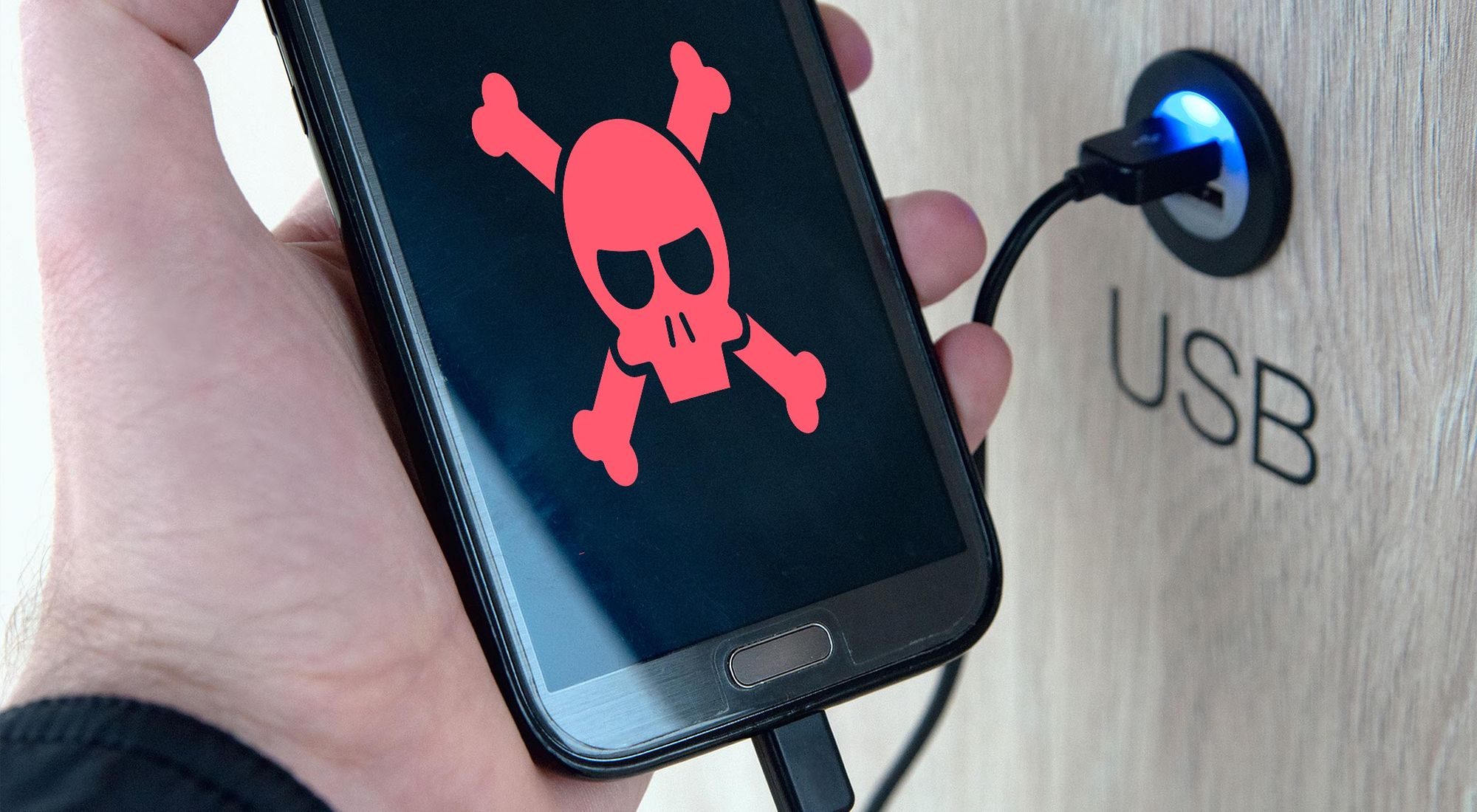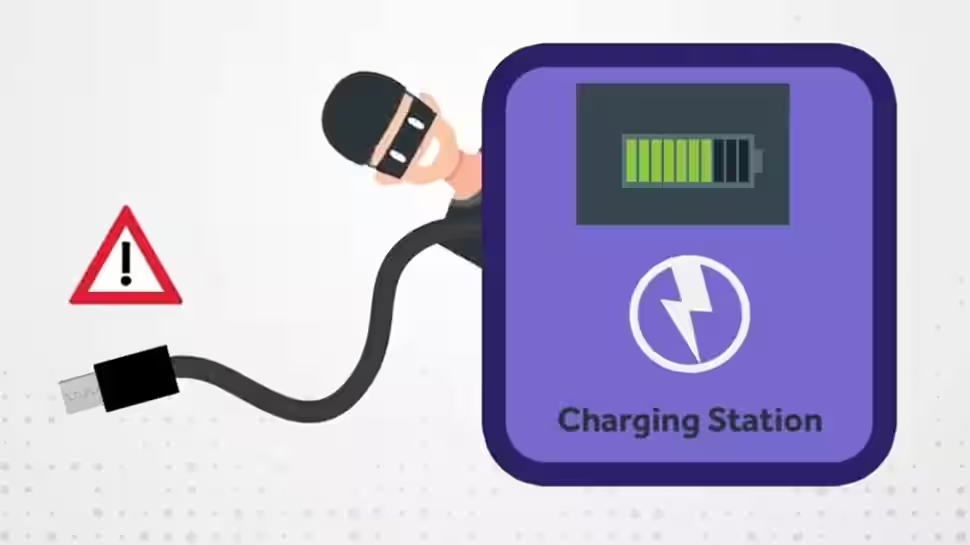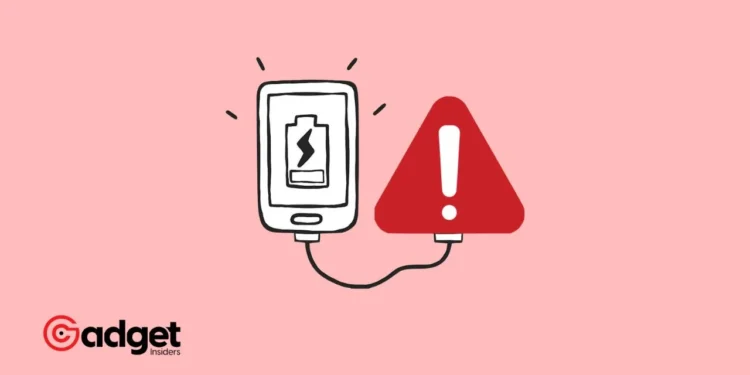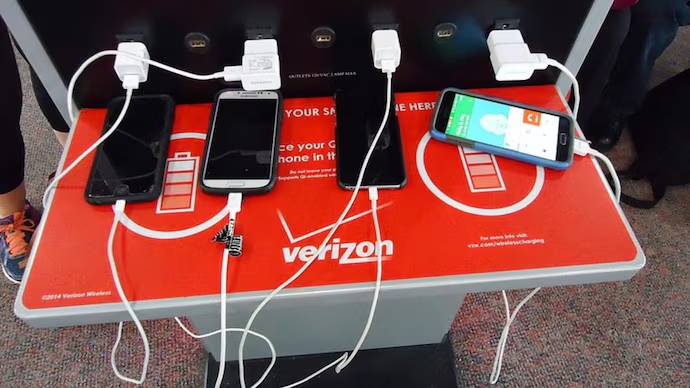In today’s fast-paced world, finding a charging station when your phone battery dips into the red zone is a common relief. However, the FBI has recently issued a stark warning to consumers about the potential dangers lurking behind these convenient charging points. Public USB charging stations, especially those found in busy hubs like airports and malls, may not be as benign as they seem.

How Public Charging Stations Can Compromise Your Data
The term “juice jacking” might sound intriguing, but it’s a serious cybersecurity threat first identified by researchers in 2011. Juice jacking happens when malware is installed on a charging station or the cables connected to it. Once an unsuspecting user plugs their device into such a compromised port, the malware infects the device.
Drew Paik, a former expert from security firm Authentic8, explained the severity of the situation to CNN. “Just by plugging your phone into a compromised power strip or charger, your device is now infected, and that compromises all your data,” he said.
This kind of cyber attack can lead to unauthorized access to personal information such as emails, text messages, photos, and contact details.
The FBI is warning people to avoid using free public phone charging stations found in airports, hotels, and shopping malls due to a risk of hackers infecting your device with malware. pic.twitter.com/hg0CQbL4Xi
— TODAY (@TODAYshow) April 11, 2023
The FBI’s Advice on Avoiding Cyber Threats at Public Chargers
Amidst rising concerns, the FBI has stepped in with advice for travelers and everyday users. Their key recommendation is simple yet effective: avoid using public USB ports.
“Carry your own charger and USB cord and use an electrical outlet instead,” the FBI’s Denver branch tweeted as a general reminder to stay vigilant.
Vikki Migoya, a public affairs officer at the FBI’s Denver branch, reinforced the agency’s commitment to public safety. “The FBI regularly provides reminders and public service announcements in conjunction with our partners,” she told CNN, emphasizing the importance of being cautious, especially while traveling.
Additional Warnings and Safety Tips from the FCC
Further compounding the issue, the Federal Communications Commission (FCC) also updated its stance with a dire warning about these charging stations. According to an updated blog post from the agency, a corrupted charging port can allow malicious actors not just to access, but also to lock a device or extract sensitive data and passwords.

The FCC highlighted another alarming practice: criminals intentionally leaving infected cables at charging stations or distributing them as promotional gifts, which unwary recipients might use, unknowingly compromising their devices.
FBI: Stay Safe by Staying Informed
The convenience of public charging stations is undeniable, but so is the risk they pose in the digital age. By using personal charging accessories and staying informed about potential cybersecurity threats, consumers can protect their personal information from falling into the wrong hands.
Always remember that in the world of cyber safety, being cautious is better than being sorry.











